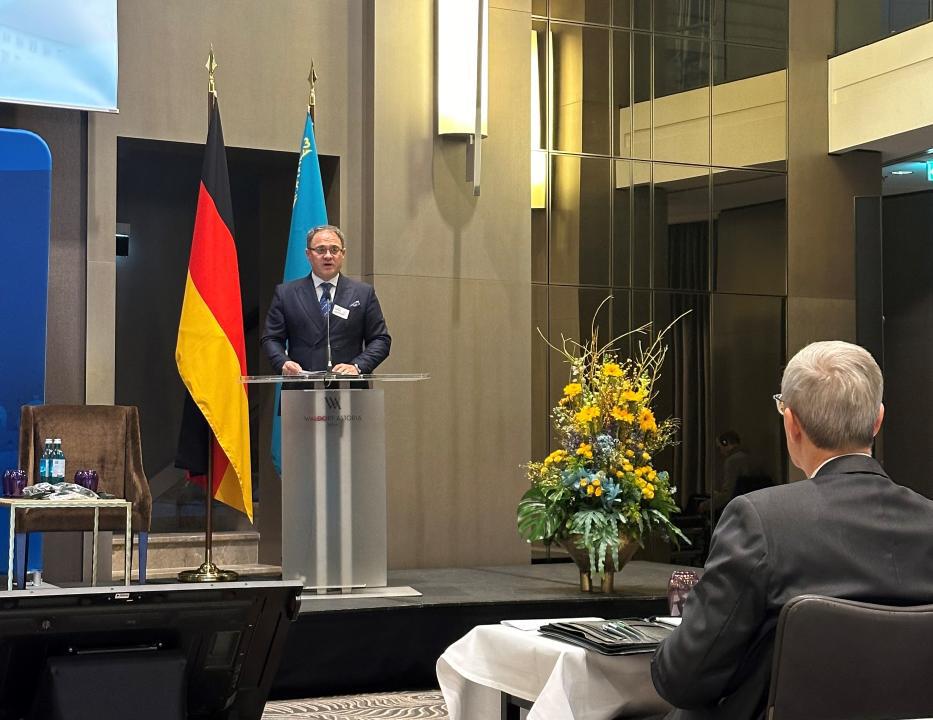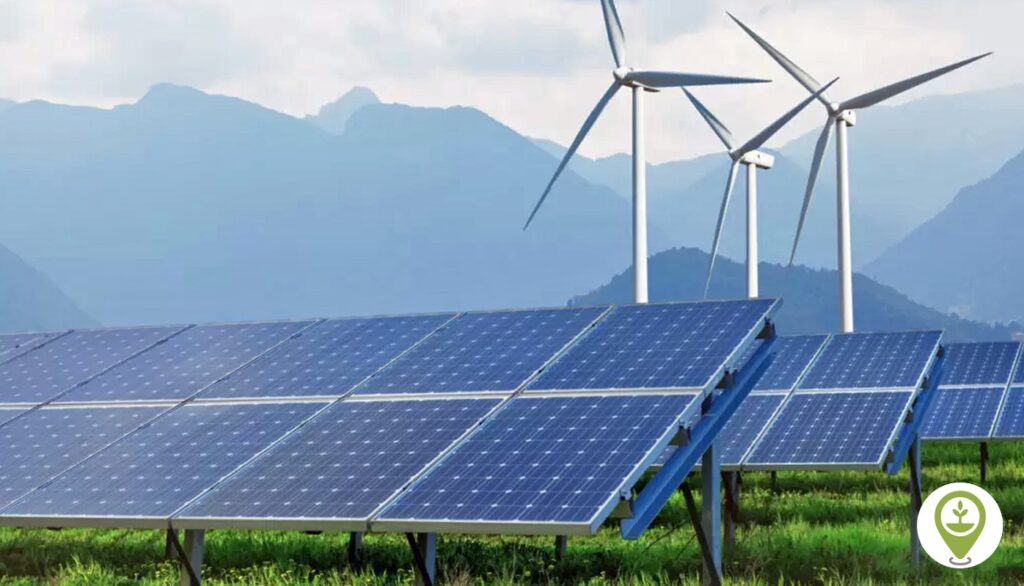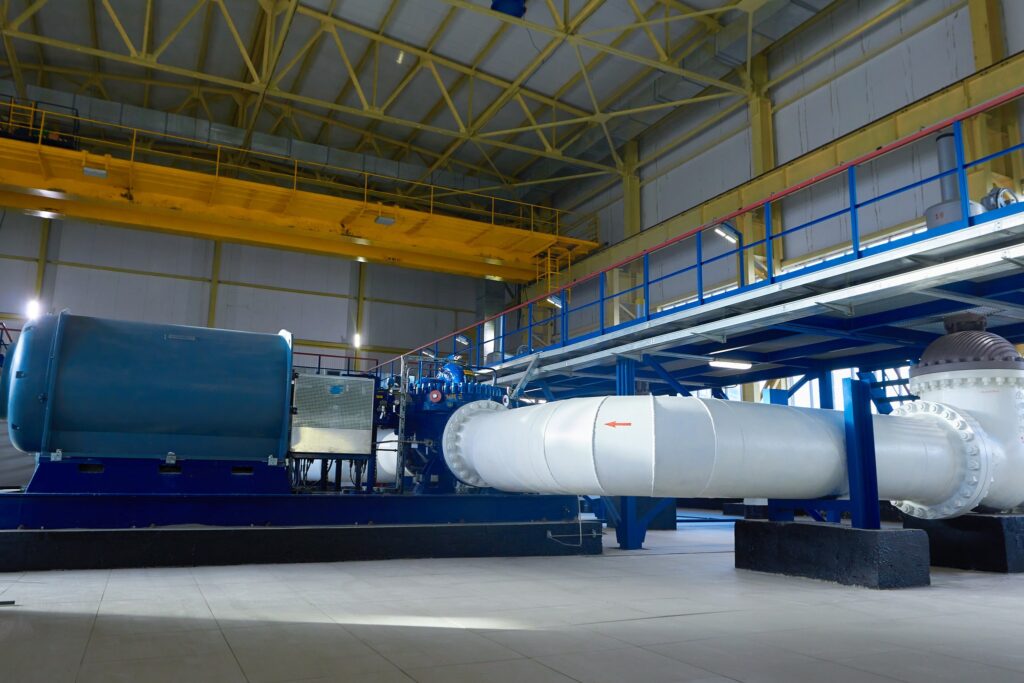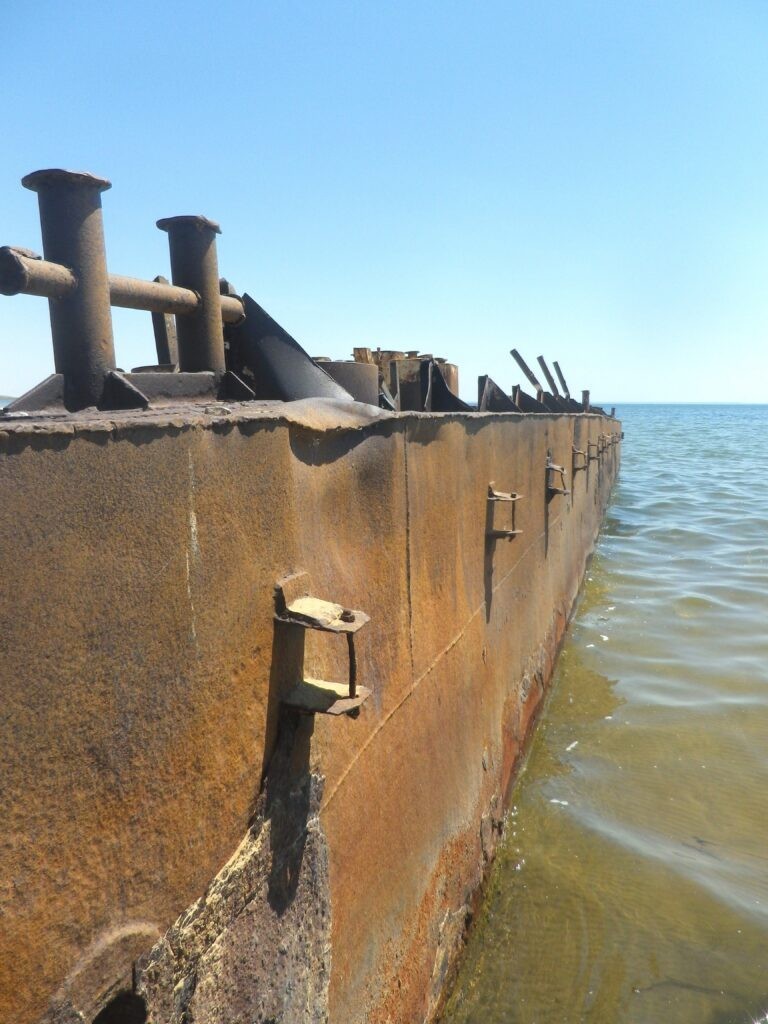On December 14th, 2023, the Berlin Eurasian Club (BEC) held its 39th meeting under the title "From higher education and research to a business model: Kazakh-German cooperation in applied science." In a keynote speech, Deputy Foreign Minister of Kazakhstan, Roman Vassilenko, acknowledged the significant achievements in cooperation between the two nations throughout 2023. His address highlighted the shared commitment of both countries to scientific innovation and its practical application in the world of business. “The positive dynamics of trade turnover clearly shows the mutual attraction of our economies,” said Vassilenko. “Kazakhstan has three factors of attraction: diversified energy sources, significant natural resources, and transit and transportation potential, not to mention many other advantages. We have good opportunities to increase the supply of traditional energy resources to Germany, production and subsequent export of green energy and green steel.” Anke Reiffenstuel, Director for Academic Relations, Education and Research Policy of the Federal Foreign Office of the Federal Republic of Germany, underscored the significance of Kazakhstan and the whole geography. “Central Asia was the first region in the world with which Germany concluded a strategic regional partnership. We believe that it will further deepen the relations between our two countries.” In his address, Professor Wolrad Rommel, the President of the Kazakhstan-German University (DKU), articulated the ongoing reorganization of the university's activities. He emphasized the institution's ambition for "integration into the educational system of Kazakhstan," underscoring its necessity. Rommel also acknowledged the immense potential of Kazakhstan's young population who are eager to pursue quality education. He stated, “the economy of the country functions well when it effectively interacts with science,” highlighting the crucial role that academia plays in a thriving economy. Nurlan Onzhanov, the Ambassador of Kazakhstan to Germany, emphasized the importance of promoting and further advancing the teaching of the German language in Kazakhstan. Around a hundred attendees, comprising representatives from the scientific community, political and business sectors, and other experts, participated in the meeting. Established in 2012, the Berlin Eurasian Club (BEC) serves as a platform for fostering informal dialogue on issues of mutual interest among Kazakhstan, Germany, and other participating countries. The club primarily concentrates on bolstering ties between Eurasian and European nations through cooperation across various domains. BEC meetings, which are typically convened annually in Astana, Brussels, and Berlin, present opportunities for high-level discussions encompassing a broad spectrum of topics, from scientific innovation to social reforms and economic cooperation.








